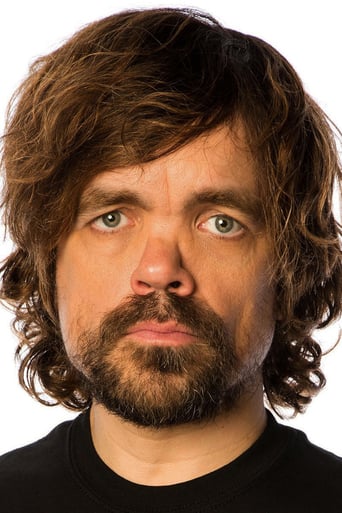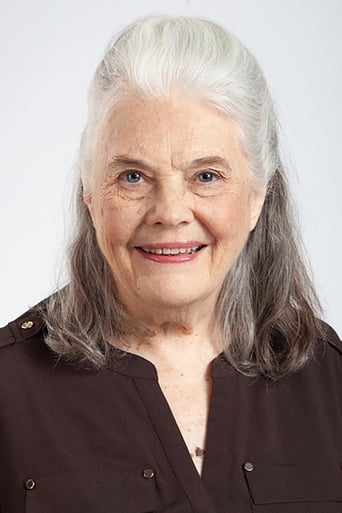[email protected]
An honest account of the relationships within a troubled family, this film is lean and taut, with absolutely no melodrama. I know from what I have seen in life that the situations depicted here are an entirely accurate account of what can happen to fractured families that live on the breadline. This film shows, in the deadpan, matter of fact approach taken by children who actually are in this state, what half-abandoned children go through, and the dangers they have to face when they run away from home because of events there. Much of the quality of representation in this film is down to the bravura performances of the two young leads, Nicolas Marti-Salgado and David Castro, and to the Director, Joanna Lipper, who helped them produce those performances. Any trainee public officials and aspiring politicians would do well to watch this film.
drpakmanrains
I bought this film sight unseen in 2011, unaware of its existence until it appeared on Amazon last week, while browsing. I am 70, and have always loved the classic 1953 film, which was, for those who haven't seen it, a black and white gentle comic cinema-verite style movie about brotherly love and the dangers of a practical joke carried too far. It took place in Brooklyn in black and white, with Coney Island the principal location. The remake keeps the major plot points and locales, but otherwise is totally different in mood and style. In this new version, the two brothers are half-Hispanic, with an Anglo father who is a dwarf. (Peter Dinklage). He is in jail serving a 10 year sentence for an undisclosed crime. Their mother works at a hospital, and is tired and frustrated, devoting as little time to her boys as possible, and there isn't much time available for them anyway. She drinks far too much, and spends what little time they have together mostly bawling them out. On the day before the older boy, Lenny's 12th birthday, she tells him he has to take care of his brother Joey for a couple of days so she can go meet a boyfriend on her days off. He had planned to go with buddies to Coney Island for his birthday and didn't want to be saddled with his brother. Like the original, he and his friends concoct a practical joke to play on Joey to make him think he has shot and killed his older brother. It works of course, and they tell Joey to get a head start on the cops, like in the 1953 version. Despite these similarities, the film here is gritty, realistic and tense. Joey is terrified, and his time in Coney Island is not idyllic as in the earlier film. When Lenny realizes his brother is missing, he realizes what a terrible thing he has done and spends much of the film looking for Joey, while Joey tries to fend for himself at the beach, meeting an older runaway girl about 13, and a teen male who works the pony rides and befriends him, only to betray his trust and attempt to molest him. The two brother's reconnection is one of the most powerful moments I have ever seen, dwarfing the original. The film then goes into uncharted territory which I won't reveal, but while somewhat anti-climactic, manages to be bitter-sweet and topical. This film has many elements of 1993's "Josh and S.A.M.", though much darker and realistic. The two boys, Nicolas Salgado and David Castro, give amazing performances, far more demanding than the original. This film deserves a wider audience, and Joanna Lipper, the writer and director deserves credit for attempting to remake a classic and doing it more than justice. I have seen many remakes, and only two besides this have exceeded the original in my opinion. One was "3:10 to Yuma" and the other was 1982's "The Thing." By the way, this film also contains archival footage of Coney Island's troubled history, voiced by "Lenny", which add an important element to this fine film.
John Beatty
An interesting attempt to "update" the one of a kind classic, Little Fugitive made in 1953 by Morris Engel, Ruth Orkin, and Ray Ashley. (I'm not sure the term "remake" applies here). Beautifully photographed by Rick Sands and appealingly acted by David Castro and Nicolas Salgado. Peter Dinklage is typically powerful, but under used in a relatively small role. While it lacks the charm and depth of the 1954 film it is an honest and sincere effort to make some intellectualized statements about Coney Island's Dreamland and its premature baby in incubators and children from broken homes and dysfunctional families. Sometimes preachy but none the less an interesting directorial debut, by Joanna Lipper although one might question the advisability of a "remake" or "reworking" of a classic as a choice for her initial bow in narrative films.Historically significant is a brief appearance in the film by Morris Engel (sitting on a skee ball machine), shortly before his death.



